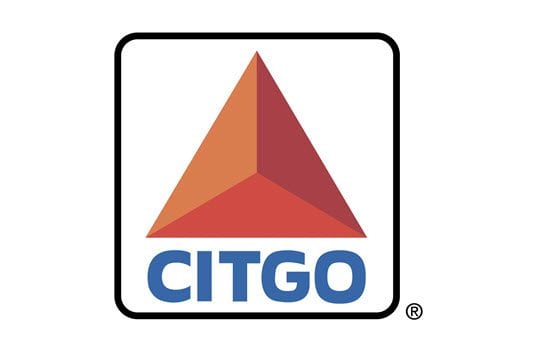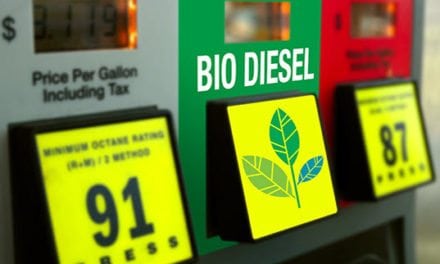By Keith Reid
The rapid and continual decline of socialist Venezuela seems to have finally caught up with Citgo Petroleum Corp. As the Wall Street Journal reported on August 9, 2018, a U.S. federal judge authorized the seizure of the Venezuelan state oil company Petróleos de Venezuela SA’s U.S.-based CITGO assets, to fulfill a legal finding that favored the Canadian mining company Crystallex International Corp. Crystallex had filed suit against Venezuela for $1.4 billion after its gold mining assets were nationalized under the previous Hugo Chávez regime.
As the article noted, the many creditors looking to recover any money they are owed from Venezuela have few viable options. CITGO remains a quality, profitable asset that is legally accessible in the United States.
The ruling hinged on a determination by Judge Leonard P. Stark of the U.S. District Court in Wilmington, Del., that PDVSA was not some typically regulated commercial entity, but an integral part of the national government of Venezuela. The underpinnings for this determination should be fairly obvious to anyone who has been following the overt politicization of PDVSA over the years. A previous ruling had favored PDVSA in this regard, and PDVSA has appealed the current ruling.
One potential complication is that the Russian Oil company Rosneft has a “lien” against CITGO that encompasses nearly half the company.
CITGO corporate is currently operating under a news blackout. A FMN request for an interview has not been acknowledged nor has there been any news specific to the ruling posted on the CITGO website or readily apparent in the mainstream business media. FMN also contacted several CITGO marketers who spoke off the record, and stated that for the time being business is proceeding as normal.
The legal process will invariable drag out as the appeal progresses. In fact as several legal analyst noted, the longer it drags out the more opportunities for some 50 additional creditors to receive rulings that might also involve CITGO assets. Just what is the value of the CITGO assets? PDVSA had tried to sell CITGO in 2014 for $10-$15 billion as covered by Construction Boxscore. Database. These assets currently include:
- Three highly complex crude oil refineries located in Lake Charles, LA (425,000 barrels-per-day), Lemont, IL (167,000-bpd) and Corpus Christi, TX (157,000-bpd). These refineries process approximately 200,000 bpd of “sour” Venezuelan crudes.
- Some 48 petroleum product terminals, and the partial ownership of various pipelines.
On the marketing, distribution and retail end fuels are distributed by CITGO branded independent marketers, and roughly 5,900 CITGO branded but independently-owned retail outlets. These operations would not be on the table per se, but do represent value in ratable gallons to outcomes that maintain the CITGO street brand.
It’s too early to speculate on what the final outcome will be from these developments. A drawn-out legal appeal process might even find CITGO safely off the table if PDVSA is ultimately found to be a private vs. state asset. Analysts among the current business media coverage generally do not see this happening.
Possible Futures
Once acquired, the question for the creditor(s) and the legal authority overseeing the process will be how to best monetize CITGO’s operations.
The integrated downstream entity is certainly attractive as a whole. The street brand is strong despite the political frictions between the U.S. and Venezuela over the years. The U.S. downstream operations have been well managed and fairly well supported, even in recent years, especially compared to PDVSA’s Venezuela-based exploration and production operations.
CITGO could transition from a fully integrated oil company into the refiner/marketer class of business—comparable to a Sinclair or Marathon Petroleum Company.
However, the range of financial coverage is currently focusing almost exclusively on the value of Citgo’s refining assets, which could be sold off independently.
Without refining in the mix, CITGO could still function as a marketing organization utilizing its terminal infrastructure and maintaining the street brand with a strong supply backbone. This is comparable to Gulf Oil.
However, the terminal assets might also be sold off independently. Without the terminals or with a reduced terminal backbone a future CITGO could be maintained in the manner of Clark/Crown or PMAA’s Spirit—as primarily a retail brand platform focused on the store.
While there are scenarios where the CITGO brand disappears, it would not only be a shame but a waste or what are currently largely modern, well run sites that have built up significant brand equity.









